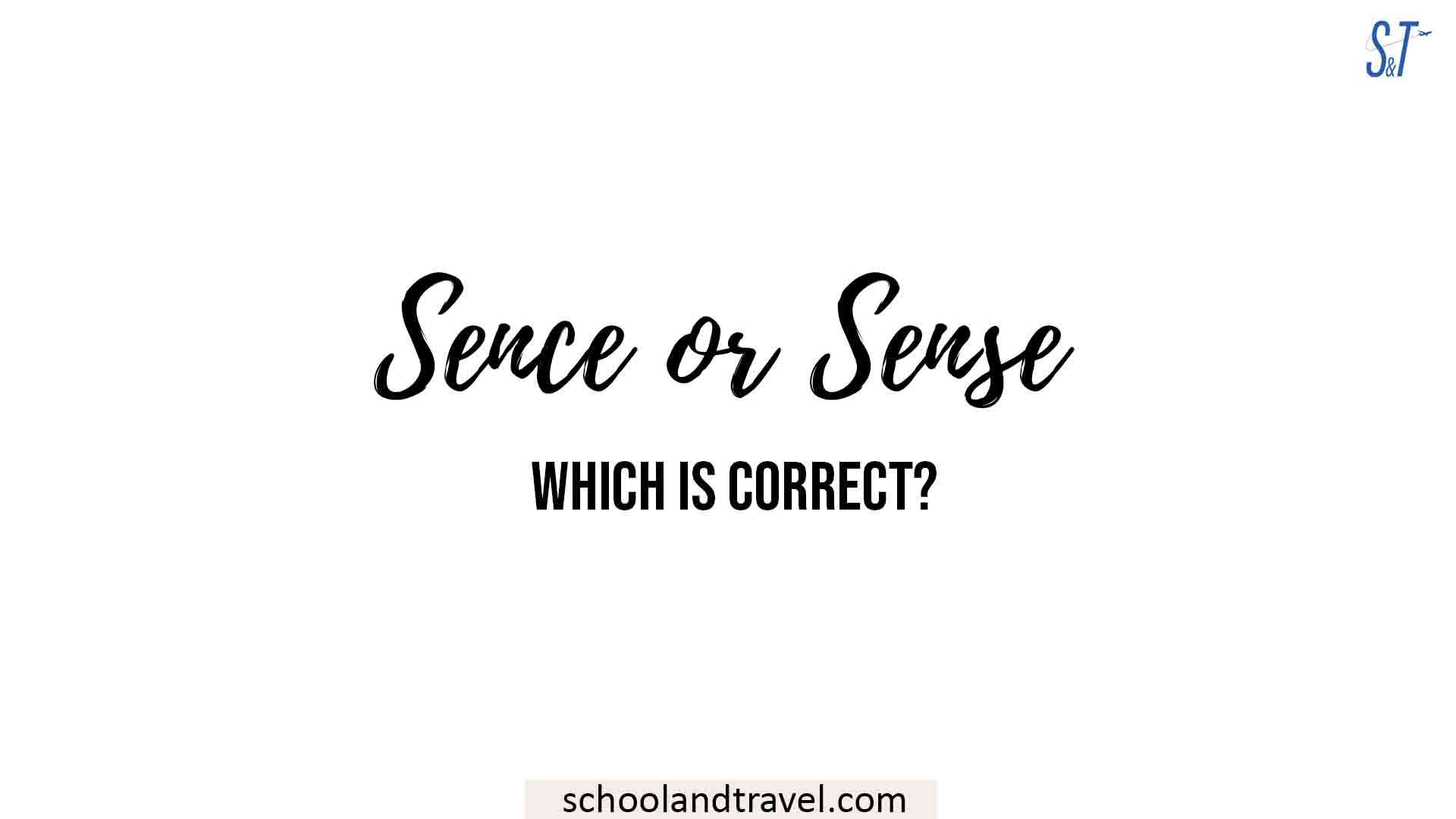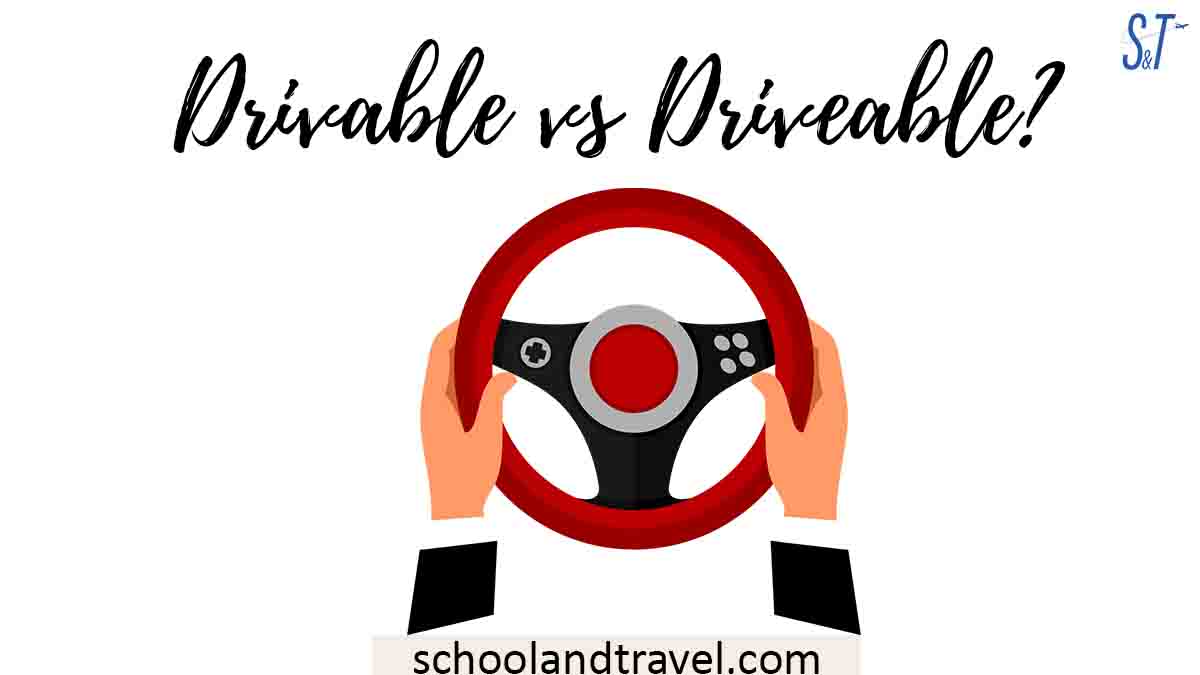The English language can be a bit confusing especially for words like “practise vs practice”. You would want to write a sentence like “I want to __________ the new song we learned” and you will be wondering if to use “practise or practice”.
Now you see what I mean right? It seems confusing but in this article, I will explain the two words and help you understand the meaning and usage of each.
Practise vs Practice
What is Practice?
Practice means doing something repeatedly to commit it to memory or to make it a part of you. “Practice” is used in American English as a verb and also a noun.
Examples:
- He got into the new space at the statue of liberty to practice the poem.
- Today’s choir practice was wonderful beyond my expectation.
- Even if I’m left to practice all I have learnt all through my career, I should be paid $4500 per hour.
Read also: Flys or Flies (Have you encountered this error?)
What is Practise?
Having the same meaning as “Practice”, Practise and Practice in British English is correct. “Practice” is a noun while “Practise” is a verb. This is one factor that differentiates “Practise vs Practice” in British English.
Examples:
- When last did you practise that new song (verb)
- The head coach takes attendance any time there is a class at Simeone’s Practice center (noun)
- I was hoping you could work on the new workplace practices to slash it off our list. (noun)
Practise vs Practice
Why “Practise makes perfect” and not “Practice makes perfect”?
Since Practice is a noun in all English variations despite the British or American English, then it is correct if you say that “Practise makes perfect” and not “Practice makes perfect”.
Examples:
- “Practise makes perfect,” a phrase that boosts your motivation when it gets tough at the beginning.
- My biggest motivation is this phrase, “Practise makes perfect.”
Awesome one, I hope this article on “Practise vs Practice” answered your question.
Read this: Mistrust vs Distrust: Which is correct?






